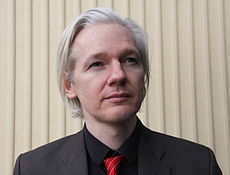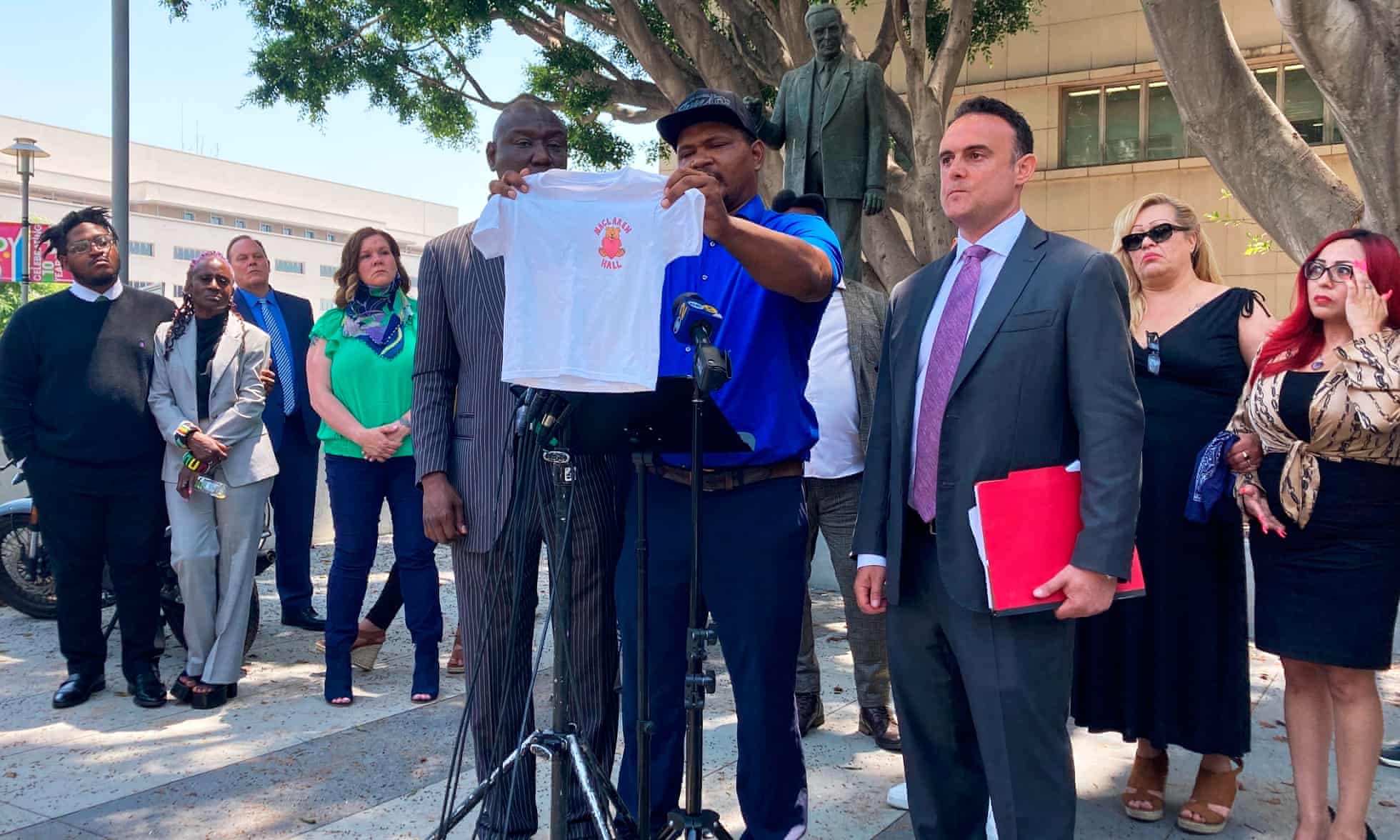 The anti-secrecy organization WikiLeaks in recent days has dramatically accelerated the pace at which it posts confidential State Department cables, exposing the names of people who spoke to American diplomats in confidence.
The anti-secrecy organization WikiLeaks in recent days has dramatically accelerated the pace at which it posts confidential State Department cables, exposing the names of people who spoke to American diplomats in confidence.
The development has alarmed U.S. officials and human rights groups, who say it will endanger foreign nationals who helped the United States and make it less likely that others will do so in the future.
"We are deeply concerned that WikiLeaks decided to make public the names of diplomatic sources who may face reprisals by oppressive governments," said Elisa Massimino, president of Human Rights First, an independent nonprofit organization.
WikiLeaks, founded by Julian Assange, allegedly obtained the cables last year from U.S. Army Pfc. Bradley Manning, who is accused of copying them from a secret military computer network while he was serving in Iraq. Manning is in a military prison awaiting trial on charges, including aiding the enemy, that could land him in prison for life. A grand jury in Alexandria, Va., has been investigating whether others should be held criminally liable.
In a statement on its website, WikiLeaks said it had published 133,877 cables in the preceding week. Previously, the organization had been releasing small numbers of documents at a time, working in cooperation with select news organizations.
The decision to speed up disclosures was made "in accordance with WikiLeaks' commitment to maximizing impact, and making information available to all," the statement said. "At the beginning of the month, the number of cables published had only reached the 20,000 mark — under 10% of the total."





 Ukraine's President Volodymyr Zelenskiy confirmed for the first time on Monday that Ukrainian troops have been...
Ukraine's President Volodymyr Zelenskiy confirmed for the first time on Monday that Ukrainian troops have been... Los Angeles county has reached a $4bn agreement to settle nearly 7,000 claims of sexual abuse...
Los Angeles county has reached a $4bn agreement to settle nearly 7,000 claims of sexual abuse...






























